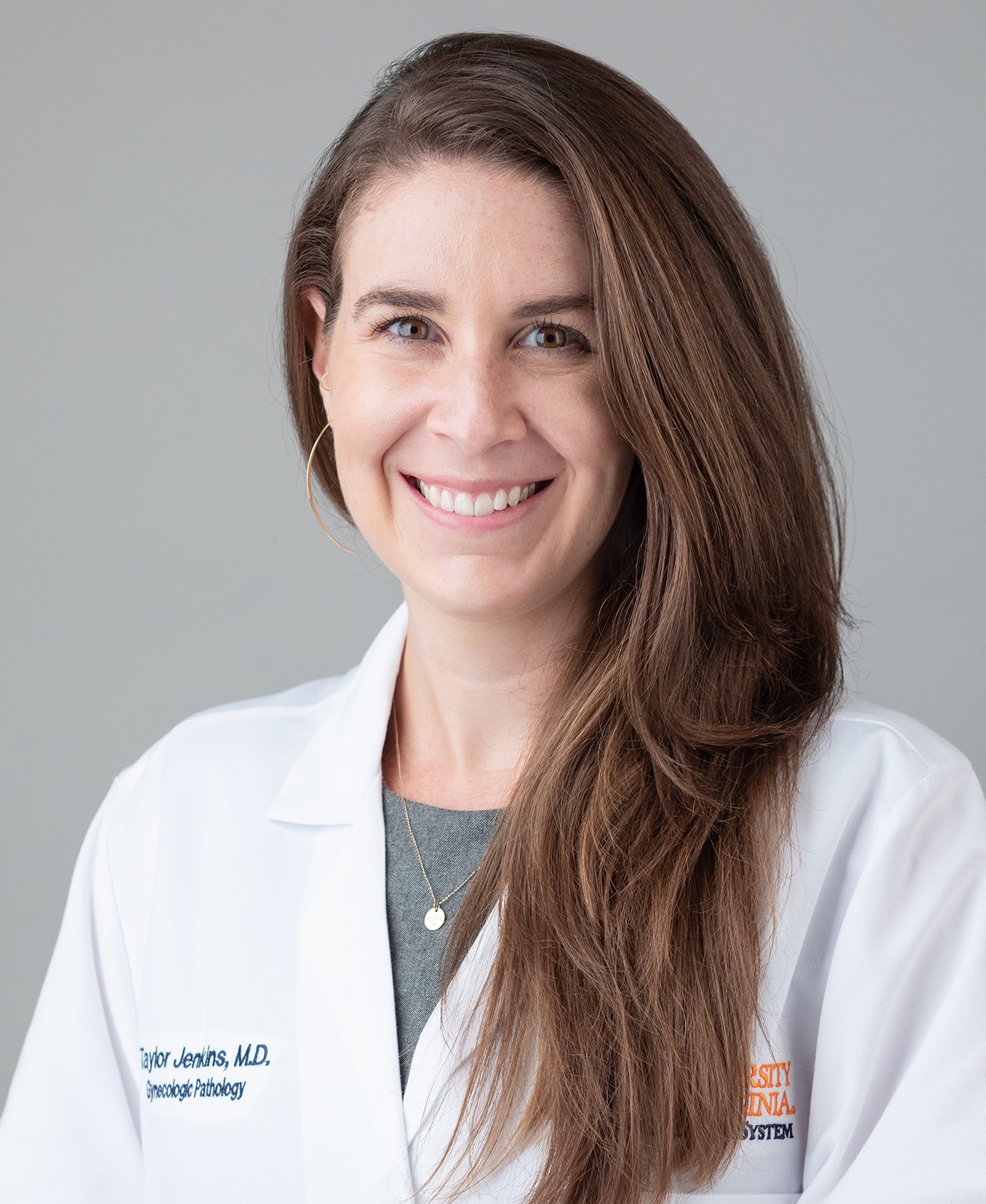
Approach to the Lymph Node FNA
Taylor M. Jenkins, MD |
Lymph node fine needle aspiration is a common procedure that occurs at any site in the body. As such, the differential diagnosis for each site encountered is broad and knowledge of the structures the needle passes through is imperative when rendering an interpretation. In this case-based presentation, we will review lymph node fine needle aspirates from a variety of sites including EBUS-guided hilar/mediastinal regions, EUS-guided peripancreatic and gastrointestinal sites, and cervical/axillary/supraclavicular regions. We will review the ROSE procedure and discuss ancillary studies that can be performed on the sample at the time of FNA.
Target Audience
This educational activity is designed for pathologists, cytopathologists, cytotechnologists, students and other members of the cytopathology community.
Learning Objectives
- Approach a lymph node fine needle aspiration with an appropriate differential diagnosis
- Be able to guide the radiologist or clinician and properly triage cases for additional ancillary tests if necessary
- To be able to recognize normal contaminant in FNA specimens
Presenter(s):
Taylor M. Jenkins, MD
DISCLOSURE OF RELEVANT FINANCIAL RELATIONSHIPS
The faculty, committee members, Executive Board and staff who are in position to control the content of this activity are required to disclose to the ASC and to learners any financial relationships that have occurred within the last 24 months with ineligible companies whose primary business is producing, marketing, selling, re-selling, or distributing healthcare products used by or on patients. The ASC has reviewed the disclosures and mitigated all relevant financial relationships.
The following individuals have reported financial relationships:
Oscar Lin MD PhD: Consultant – Hologic and Jansen
Liron Pantanowitz MD: Consultant – Hamamatsu, Advisory Board for Ibex
Martha B Pitman MD FIAC: Consultant – Adenocyte, LLC
Donna K. Russell MEd CT(ASCP) HT(ASCP): Advisory Board – Hologic Scientific
Christopher J. VandenBussche MD PhD: Ad hoc advisory board panel and Consultant – Roche
The following individuals have reported no relevant financial relationships:
Susan A. Alperstein, MS, CT(ASCP), Donna Armyalagos, BA, CT(ASCP), Cheryl K. Arnott, SCT(ASCP), Kristen A. Atkins, MD, Khalid Amin, MD, Guliz A. Barkan, MD, Christine N. Booth, MD, Barbara A. Centeno, MD, Bonnie Choy, MD, Deborah J. Chute, MD, Amy C. Clayton, MD, Jacqueline M. Cuda, BS, SCT(ASCP), Kara L. Hansing, MEd, SCT(ASCP)CM, Elizabeth M. Jacobi, MD, Jennifer B. Kernodle-Zimmer, BS, SCT(ASCP), Sara E. Monaco, MD, Caleigh-Shea Murphy, Gabriela M. Oprea-Ilies, MD, Maria Luisa C. Policarpio-Nicolas, MD, Sinchita Roy-Chowdhuri, MD, PhD, Momin T. Siddiqui, MD, FIAC, Jose Victor Scarpa Carniello, MD, Sheila Segura, MD, Paul N. Staats, MD
The ASC staff associated with the development of content for this activity reported no relevant financial relationships.
Presenter:
The presenter has no conflicts of interest or financial relationships to disclose.
Continuing Medical Education (CME) Statement
The American Society of Cytopathology is accredited by the Accreditation Council for Continuing Medical Education to provide continuing medical education for physicians. The American Society of Cytopathology designates this enduring educational activity for a maximum of 2.0 AMA PRA Category 1 Credits™. Physicians should only claim credit commensurate with the extent of their participation in the activity.
American Board of Pathology Maintenance of Certification (CC)
This product can help fulfill the CME requirements mandated by the American Board of Pathology Continuing Certification (CC) process. Earn up to 2.0 Credit Hours.
Continuing Medical Laboratory Education (CMLE)
The ASC designates this activity for a maximum of 2.0 Continuing Medical Laboratory Education (CMLE) credit hours for non-physicians. The CMLE credit hours meet the continuing education requirements for the ASCP Board of Registry Certification Maintenance Program. Participants should claim only the credit commensurate with the extent of their participation in the activity.
Cytotechnologists with Licenses in Florida and California
This program is approved for 2 continuing education credits in the State of Florida and 1 in the State of California. The credit on each link is good for three years from the live presentation date.
Available Credit
- 2.00 AMA PRA Category 1 Credit™
- 1.00 California Credits
- 2.00 CMLE
- 2.00 Florida Credits
- 2.00 MOC II
- 2.00 Participant

 Facebook
Facebook X
X LinkedIn
LinkedIn Forward
Forward